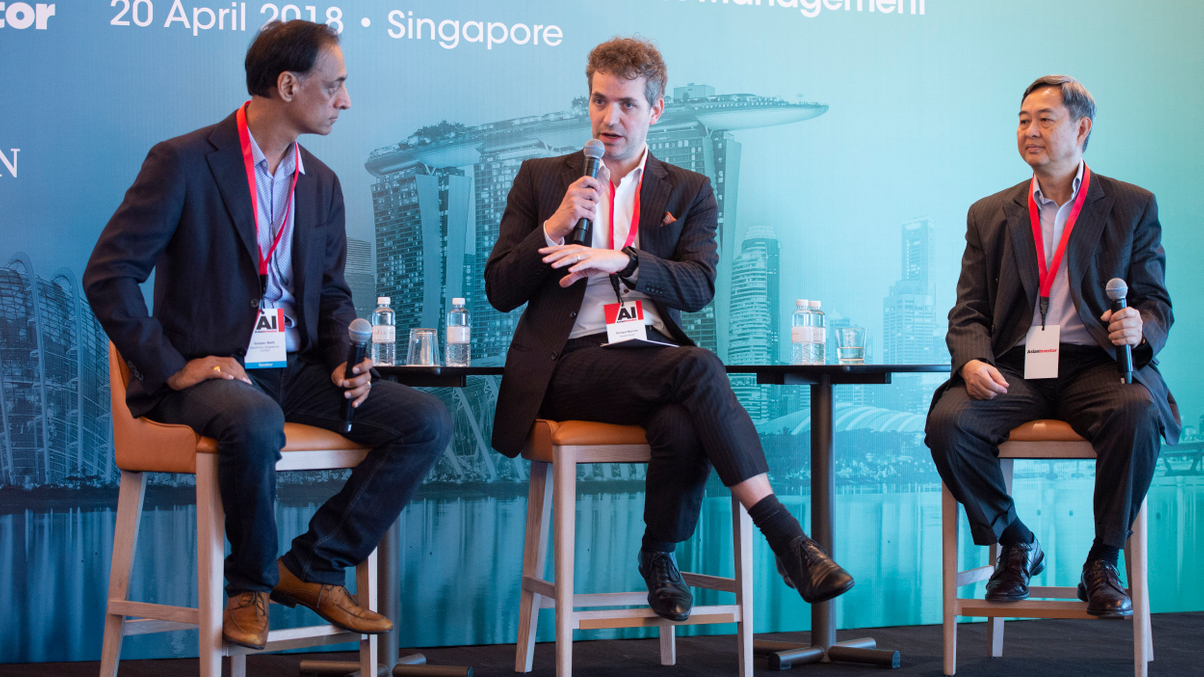How asset managers can exploit new tech
Challenges of big data and tech-empowered regulators require better processes, improved skill sets, and greater alignment, AsianInvestor’s 2nd Chief Operating Officer Forum heard.

With data analysis becoming increasingly sophisticated as technology advances, asset management companies need to have the right processes in place to maximise the benefits, delegates at AsianInvestor's 2nd Chief Operating Officer (COO) Forum heard last week.
Sign in to read on!
Registered users get 2 free articles in 30 days.
Subscribers have full unlimited access to AsianInvestor
Not signed up? New users get 2 free articles per month, plus a 7-day unlimited free trial.
¬ Haymarket Media Limited. All rights reserved.


